Personal Column: Mature for your age
The photo shows and represents the artistic interpretation of Parentification.
It was past 10 p.m. as I pushed around the curled-up pasta I threw into a boiling pot of water. It was barely made well; in fact, it seemed to be disfigured into weird shapes that resembled ovals more than macaroni. Nonetheless I mixed it with an odd assortment of grated cheese and butter. The pathetic bowl of buttered pasta now stationed at the dinner table, the one that my mother and I had just eaten from and cleaned hours prior. The television in the background almost sounded static as it blurred into my surroundings while I flicked my gaze over towards the pasta then the front door. So I waited. And waited. And waited.
It was past midnight when he stumbled in, and if I’m honest I couldn’t say I was pleased. If I was any younger I would have still rushed over to greet him, jumping up with a thousand questions that never got answered. But I’m older now, so I walk down and hesitantly peak up at his face to see his distant vision.
“Where were you?” Goes unanswered, the stench he carried gave him away. Instead, I watch him ascend the stairs. Instead, I show him the bowl of untouched pasta. He eats some of it but eventually makes his way up yet another flight of stairs to fall asleep fully clothed. So, I’m left with a half-eaten bowl of pasta and the feeling of unease weighing on my skin. I washed the dishes that night as well, standing on the small stool, since I was too short to reach the sink.
I wished I had been able to go to the park that day, but it was far too dark by the time I asked. I hoped to see the friend I made at the lake the other day to go watch geese and make up games, but I bailed in favor of waiting by the door for a man I was supposed to look up to. I finished the dishes, but I remember the next morning waking up on the couch and the house being quiet. I was seven then.
***
It’s hard to see your parents cry. I honestly don’t think it ever gets easier. Your one support — the person who is supposed to protect you and nurture you — sobbing makes you see things differently. Makes you act differently too.
You learn to reach out with small little hands: hug, pat on the back, nudge of the shoulder. You learn to try and twist your babbling nonsense into a slew of random comforts. Eventually, there’s a cooldown until you hear something you never would have guessed.
“I hate him,” tumbled out of my mother’s mouth, along with the string of foul language afterwards.
Fights were normal at my household, just as normal as when one of my parents would run away to avoid all the problems of the world. They’d argue and argue all the way to the door before opening it and slamming it shut. The gust of harsh cold wind was the only remnant of where they used to be, and me standing there with a feeling I have difficulty placing. Somewhere in that twist of confusing feelings, I wonder if there was jealousy.
I wished I could do the same, just run away from my problems. I know realistically that it’s unreasonable. Where would I go, and who could I rely on as a random kid in the middle of the city? The thought was quickly shaken, inevitably falling apart when I remember the words I was told as a child.
“You’re the only reason I’m still around; without you, we’d fall apart.”
I had no reason to doubt those words when I saw firsthand how many times I’d see my parents lie. To each other, about random assertions that never came to be true. To me, about how everything was fine. The truth was nothing was fine, and I was the glue holding everything together. The peacekeeper, the caregiver.
So I rush over to get my coat and drag the others in my household to go on another wild goose chase in the night.
You’re the only reason I’m still around, without you we’d fall apart.
— Rinn’s mother
***
“You’re so mature for your age!” is a phrase I’ve grown accustomed to hearing over the last decade. I remember as a child, I always enjoyed the perceived compliment, thanking anyone who said just six words. Now when I hear them, it makes my skin crawl, and my stomach does a summersault.
The truth is, I don’t feel very mature. I mostly feel burnt out. Wishing I had some sort of childhood that let me be a child.
When I hear that phrase, it’s bittersweet. I want so badly to agree, to say I am but for all the wrong reasons. Growing up I thought it was normal or good that I was considered mature and responsible. In all the media I consumed, every kid my age, and even older, wanted to grow up. A sense of teenage independence, or perhaps a curiosity to experience the world.
Yet here I am. Mature for my age, but I’m still just a kid. I was stripped of my ability to be a kid, instead thrown into the role of stability and middleman. There are days where I feel resentful, spiteful towards my childhood wishing that I could change it. Desperately wanting to reconnect with a part of myself I realized I didn’t really have, wondering how I ended up despising my years prior.
Parentification. A process in which the roles of the child and parent are reversed or turned upside down. When a child suddenly has to learn to be independent at a rapid pace as well as become a makeshift caretaker. A process that I went through for years, making me now hate the words that lingered on responsibility and maturity.
***
When I first heard my dad apologize, I swore I misheard him. Standing on the streets of Japan as my aunt’s neighbors give us questioning looks. It was almost sunset, and I threw my head up to look at him with complete befuddlement.
Just a moment ago, he had asked about an old friend of mine, one who I hadn’t spoken to in ages since we drifted apart. I explained how it happened, how I understood it was a mix of my own doing and theirs. How we both set up our friendship to have flaws and imperfections that didn’t let us properly communicate. That was my father’s turn to look in shock.
“Wow, that’s really mature of you,” he said. And I remember I had a grimace on my face that I quickly wiped away.
There was a moment of silence between us before I responded, mostly out of sheer impulse, “Well there’s a reason for that.”
I regretted it, worrying the whole time we walked back to my aunt’s house that this was some sort of mistake, that I made him angry or upset. But instead, I received an olive branch. My dad admits he wasn’t a perfect parent, if at all a good one. He knows he and my mother both messed up, that they were human and weren’t able to be there for me when their own mental states were in the gutter.
I should have been mad. Yet I wasn’t. I should have been upset, and that I was. I already knew they weren’t perfect parents, that it was their mental health and their own personal issues that got in their way of being there for me. But I still would describe hearing my dad admit that — admit that it wasn’t my fault I grew up too quickly, admit that I deserved a happy childhood that I didn’t always get — was like taking a breath of fresh air.
So then that night when I started the pan for cooking, I already washed the snow peas and cabbage. When he approached and took over with a suggestion that I go for a walk to the park next door, I didn’t say no.
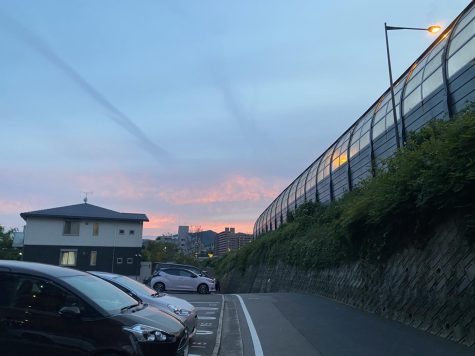
Your donation will support the student journalists of Carnegie Vanguard High School. Your contribution will allow us to cover our annual website hosting costs and fund field trips, competition fees, and equipment. We appreciate your support!
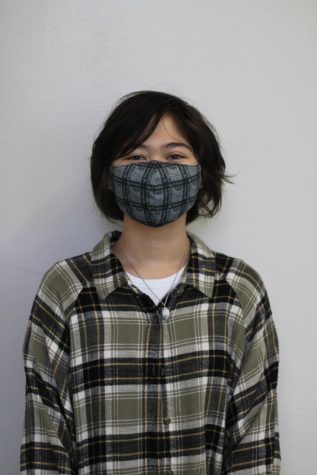
Rinn is a senior at Carnegie who is originally from Japan and loves to thrift. He likes to express himself through clothes and jewelry he finds thrifting,...

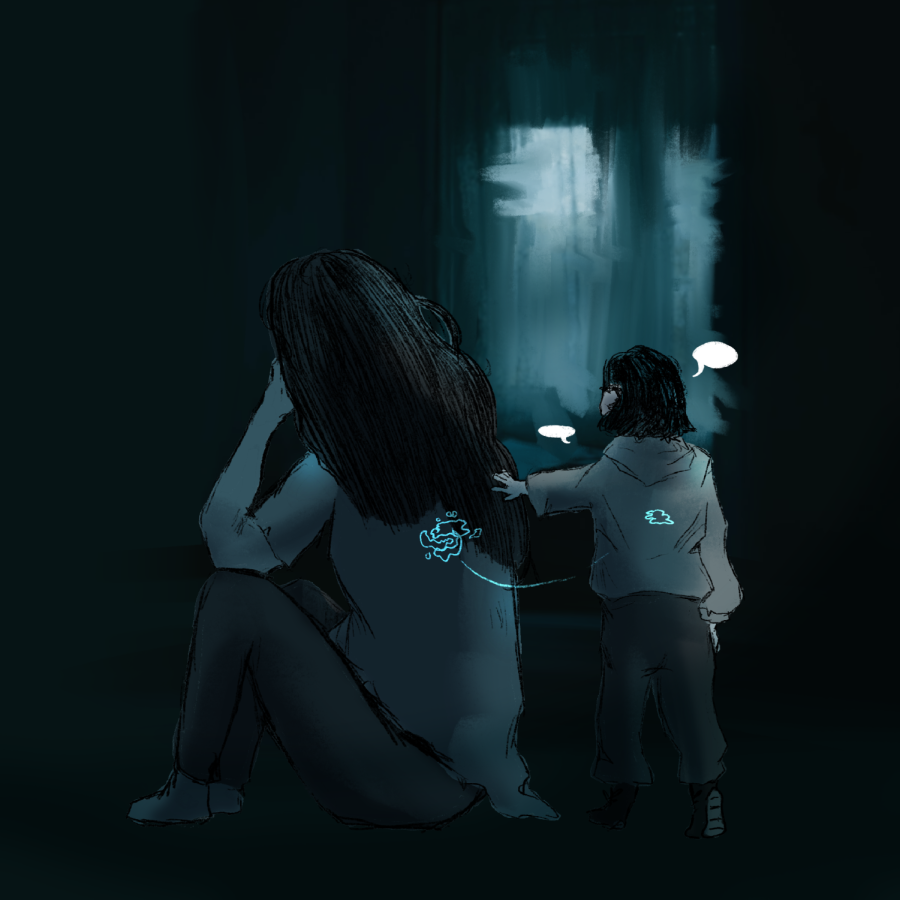
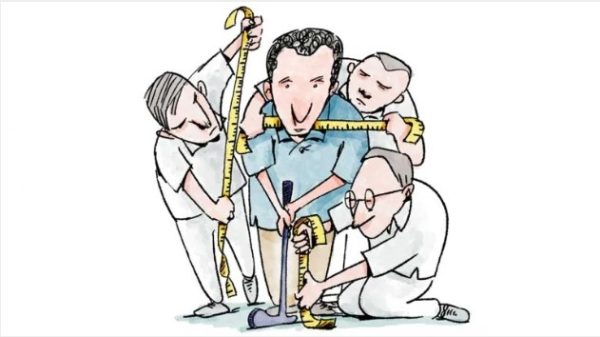
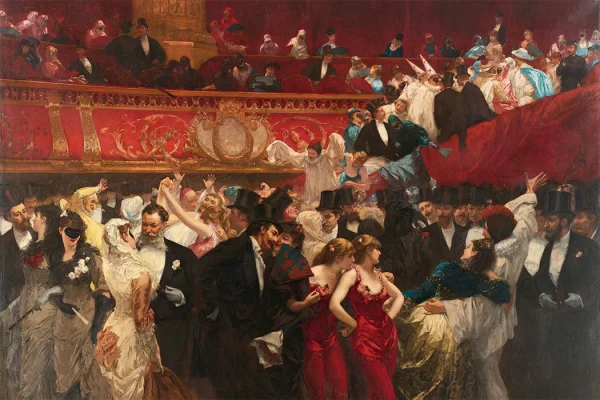
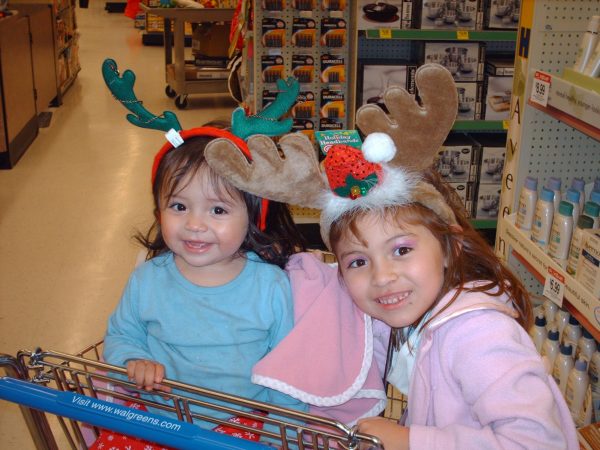
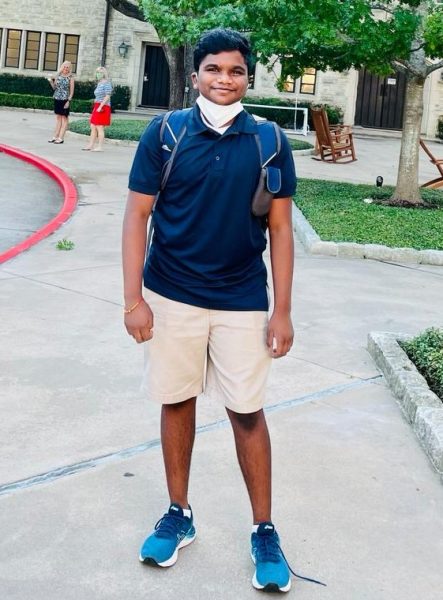
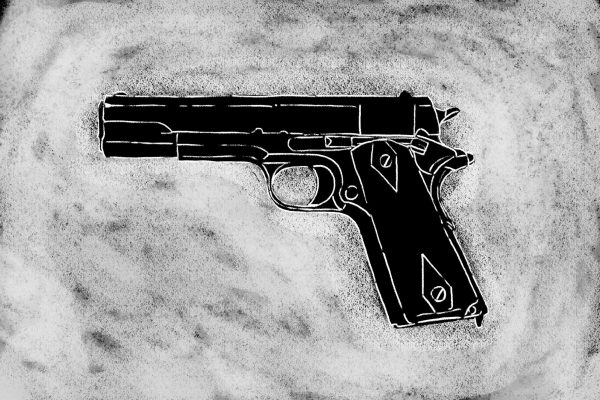
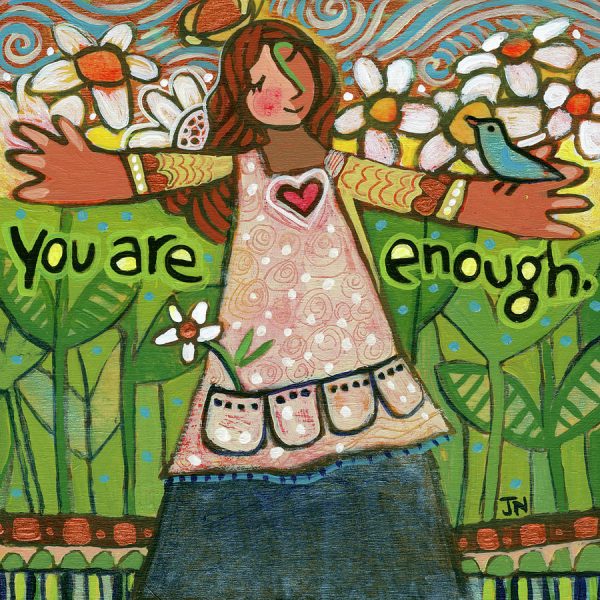

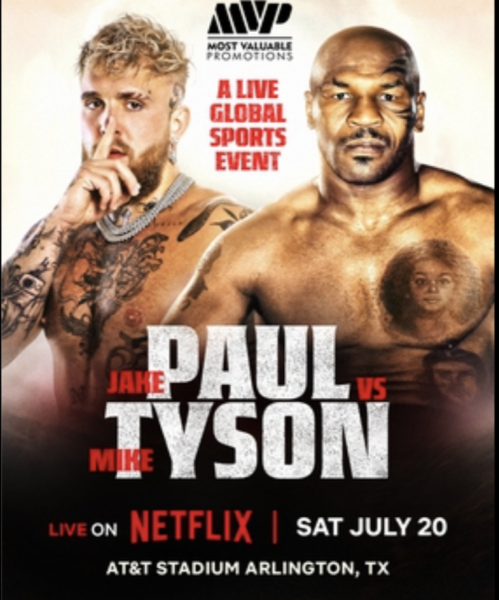
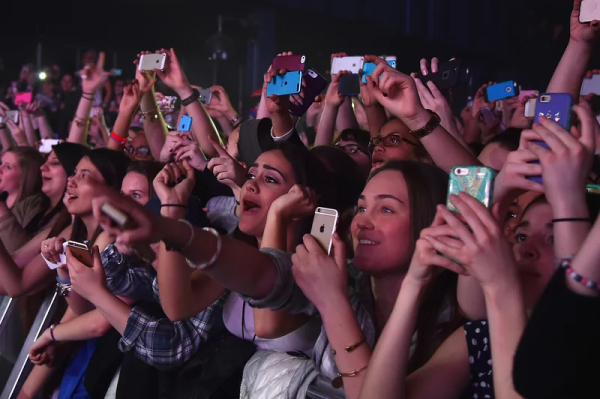

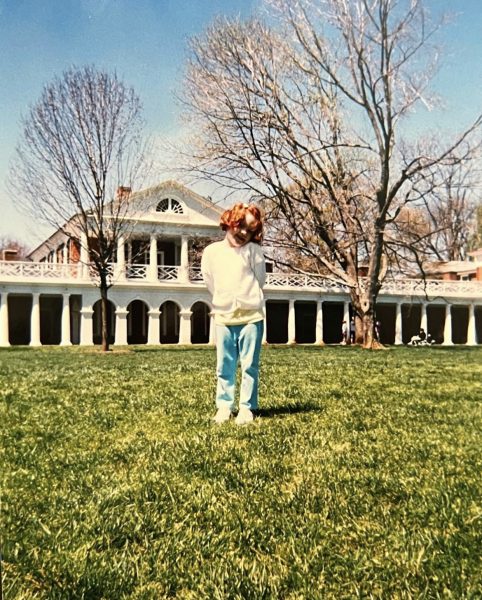
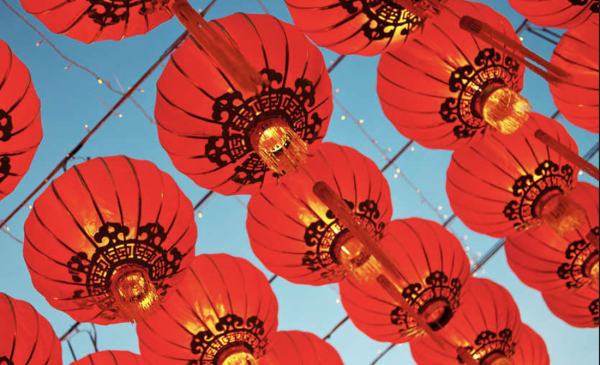
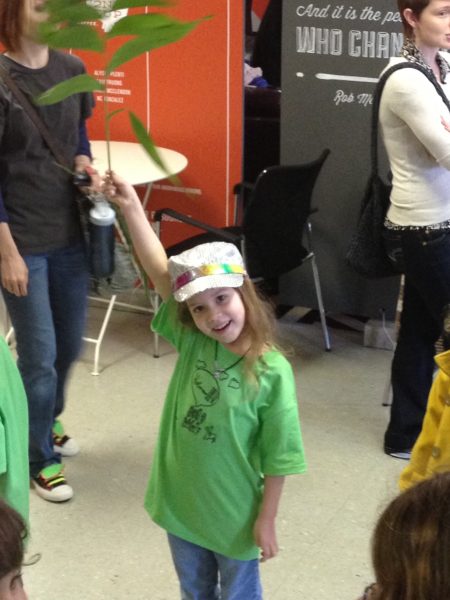
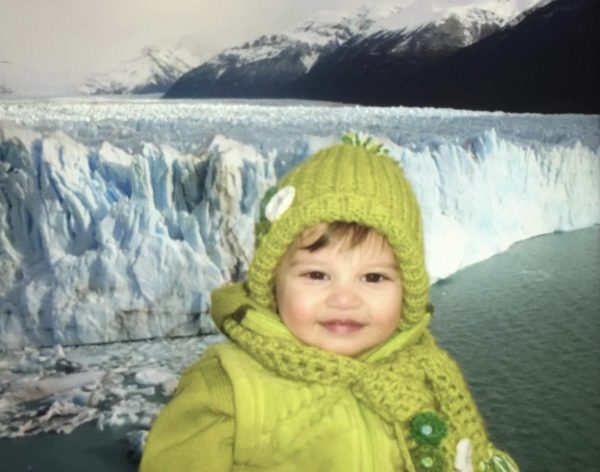
Claire B • Jun 3, 2023 at 8:42 pm
Beautiful writing and a powerful story
Jaenniya Z. • May 30, 2023 at 8:53 pm
This is a beautiful, evocative piece of writing. Came across this while researching personal narratives lol
Jingyuan Fan • Apr 24, 2023 at 10:26 am
An emotional narrative into an idea we all subconsciously relate to.